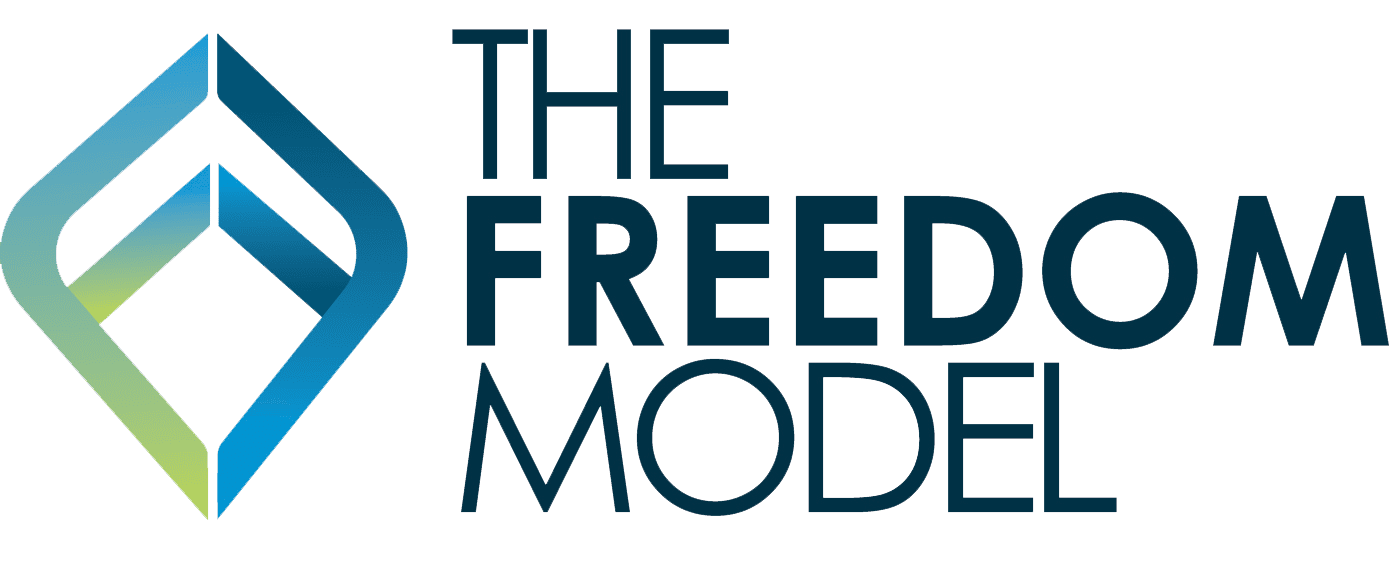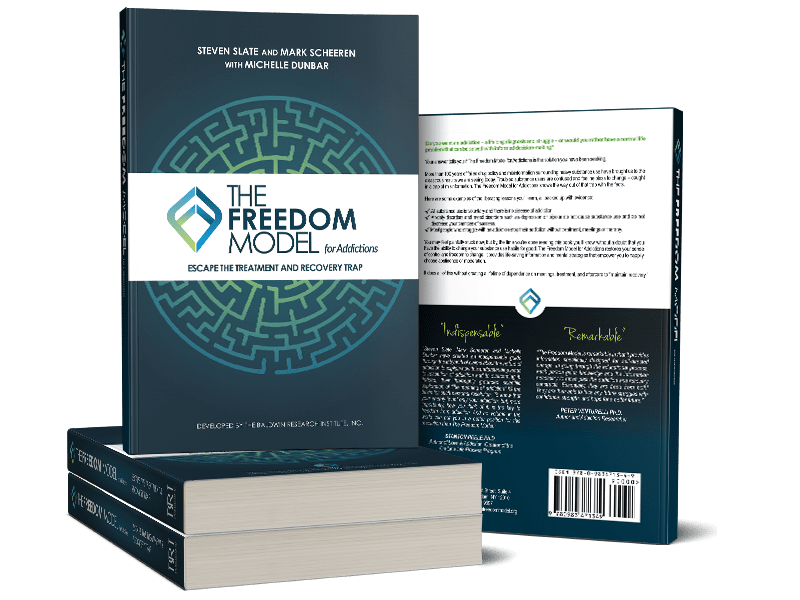You Asked, We Answered
Addiction Questions
I’ve been sober for a few months now and I’m beginning to struggle because I have a lot of time on my hands since I quit cocaine and drinking. Does The Freedom Model have a goal setting module or goal exercises to keep me sober?
We get this a lot.
The only goal that needs to be addressed is what level of use you truly prefer – continued heavy use, reduced use, or abstinence. Whether or not you set ancillary goals that address other portions of your life is up to you, but these other goals do not need to be attached directly to whether or not you’ll stay sober. In this respect, “goal setting” can be a distraction to the question you need to be asking – do you want to abstain, moderate, or continue to drink and get high at heavy levels. From what it sounds like, you have already made the decision to prefer abstinence. That is a great choice. And, as long as you do not connect a “need” for goals as a direct cause for keeping you sober, any goals you do set will be satisfying on their own. There are literally thousands of books and courses on goal setting as a stand-alone topic. I would recommend you do a search on Amazon.com or Nightingale-Conant to find the goal setting course that’s right for you. If, however, you do find yourself thinking you “need” to set ancillary goals to stay sober, this must be separated to move forward. The Freedom Model discusses this nuanced issue. Take a look:
“Pitfalls of Goal Setting
People assume that goals will change them from the outside in. If we send you out the door with a goals list, it might distract you from the matter at hand, which is to answer one simple question: Do you believe that you can be happier reducing/quitting your substance use than you can be by continuing it as is?
That’s it. That’s all you need to know. If you don’t believe you can be happier, then you will not be motivated to change. If you came up with a goals list without answering yes to the question above, then you wouldn’t pursue the goals, or your pursuit of them would be a half-hearted attempt. It would be a case of going through the motions to feel like you’re addressing your problem when, in fact, you aren’t. Then you would think I tried setting goals and they didn’t work, or I tried preoccupying myself with other things, but it didn’t work. If you’ve sparked your dreams by coming up with a potential vision and decided that there must be something better than continued heavy substance use, then you will change, regardless of your goals working out and any difficulties you hit along the way.
The vision exercise is about opening your mind to possibilities, adding weight to the other options, and seeing greater happiness. That’s all that’s required to initiate change. Coming up with a goal set prematurely can distract from that process. Coming up with a vision that grabs you emotionally can enhance that process.
The other pitfall of goal setting is a reliance on the idea that you can create a lifestyle that is incompatible with substance use that will then guard you against yourself and guarantee that you’ll never choose to use substances again. This gets the order of things wrong. It assumes that without ever thinking through your substance use options differently, you will somehow proceed to make different choices about it.”


0 Comments